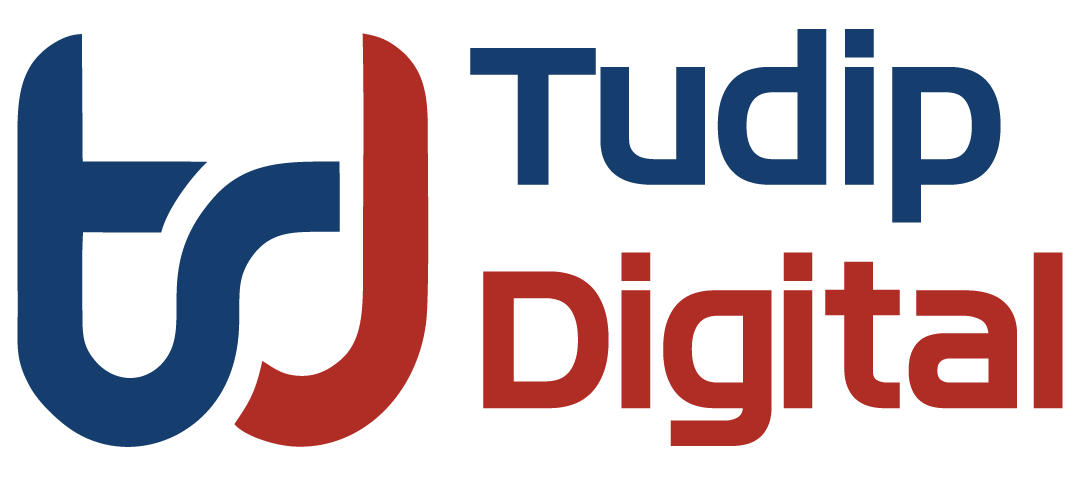17 May 2021

While mobile apps have penetrated all business niches and almost every walk of life, the resulting competition also chose technologies crucial for the success of mobile apps. Yes, since having a mobile app for your business is not enough and the app’s user experience has to be tuned to the business needs, you cannot help but be careful about choosing the technology stack.
Here we will showcase some of the most popular and widely acclaimed development tools that any mobile app development company finds helpful these days.
Flutter
Flutter can be touted as the proverbial new and promising kid in the app universe. Appearing as a cross-platform mobile app development technology, it revolutionizes mobile app development in more ways than one. When building a mobile application from scratch, there can be hardly any other technology as powerful as Flutter.
It quickly rose to popularity because of the following reasons.
- Flutter allows using the same codebase for building apps that can run on iOS, Android, web, and desktop.
- Flutter uses the “Dart” programming language, which is known for rapid development.
- Flutter allows modular UI building through widgets.
- Unlike other cross-platform technologies, Flutter doesn’t need any bridge to connect with the native UI layer.
- Flutter offers the support of Google Firebase out of the box for backend development.
- Flutter comes loaded with robust testing tools to fix bugs at lightning-fast speed.
React Native
React Native is the leading cross-platform framework that uses JavaScript programming language. Developed and maintained by Facebook, this open-source framework currently leads in popularity, surpassing all other development frameworks and tools.
React Native enjoys so much popularity because of the following reasons.
- React Native allows reusing 85% or more code across multiple platforms.
- React Native offers out-of-the-box support to different IDEs and a multitude of other development tools.
- React Native apps in look and feel fers very much similar user experience and look of the native apps.
- React Native boasts of a vast global community ensuring ci tenuous support for development issues.
Xamarin
Xamarin is the mobile app development framework from the Microsoft family, trendy for building mobile enterprise apps. Xamarin can be used to create robust, feature-rich, and high-performance apps across multiple platforms, including iOS, Android, Windows, macOS, watchOS, tvOS, and others.
Xamarin is popular because of the following attributes and advantages.
- Xamarin is an entirely free, open-source, cross-platform app development tool.
- Xamarin is used to build robust enterprise mobile apps using .NET while using the single codebase shared by platforms.
- Hailed by Microsoft, it has a massive community of developers.
- Xamarin perfectly fits because of communicating with other apps through APIs.
- Deep linking and application indexing are the other two key advantages.
Ionic
Ionic is a robust, easy-to-use, and engaging cross-platform development framework allowing fast-paced prototyping and a robust CLI. Thanks to the integration with Angular, Ionic ensures a more accessible environment for coding.
Some of the key reasons to prefer Ionic for mobile app development include the following.
- Ionic being built on standard web development technologies ensures excellent familiarity and a lower learning curve.
- Because of using web technologies with a hybrid development approach, Ionic fits better for Progressive Web Apps.
- Ionic allows maximum reusability of code and ease of accessing many third-party development tools and ensures building superb apps that run on the web, iOS, and Android simultaneously.
- Having been used in multiple successful projects, Ionic boasts of a robust developer community.
Android Studio
Android Studio is another leading development tool that is mainly used widely by Android developers worldwide. Created by Google, over the years, it remained a key to many successful native Android projects.
Some of the key reasons that made Android Studio so much famous include the following.
- Android Studio comes equipped with a powerful implementation editor to help with different Android app projects.
- Android Studio offers many code and design shortcuts that can be used instantly in the app project.
- Android Studio provides a drag and drop interface that makes it significantly easier for the app designers to shape the look and feel with the intended layout.
Adobe PhoneGap
Among the traditional hybrid app development tools, Adobe PhoneGap leads the pack. Suppose you are looking for a reliable hybrid development tool that uses tried and tested web technologies such as JavaScript, HTML, and CSS. In that case, there cannot be a better option than PhoneGap.
Some of the critical reasons Adobe PhoneGap enjoys such unmatched popularity as a framework include the following.
- PhoneGap makes the tried and tested Apache Cordova framework open-source through its distribution.
- The framework has been widely used in developing a multitude of robust web and hybrid apps using the power of reliable web technologies such as HTML, JavaScript, and CSS.
- The framework also offers out-of-the-box support for integrating a lot of third-party tools, ready-to-use builds, a rich library of plugins, and the help of a big worldwide developer community.
- The device works great in collaboration with frameworks using HTM5, CSS, and JavaScript technologies.
- Thanks to the extensive plugins, the framework can easily extend features and functions as per project needs.
- It also allows easy integration with other leading libraries.
- There are many leading apps across the niches that used PhoneGap as the underlying technology.
Conclusion
Fulfilling the performance demands and offering future-ready features and functionalities became necessary with the continuous expansion and growth of the mobile app marketplace. To address the market demands, it’s essential to use the advanced technology stack that stands the test of time. In this respect, the abovementioned technologies deserve attention as they continue to stay relevant for app development projects across all niches and sizes.









